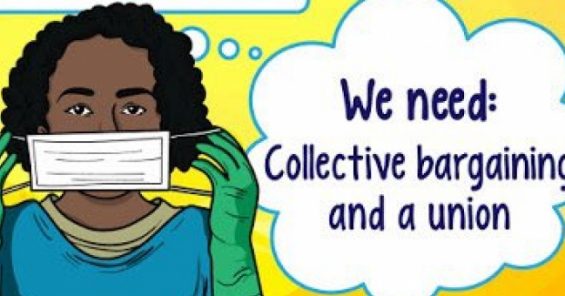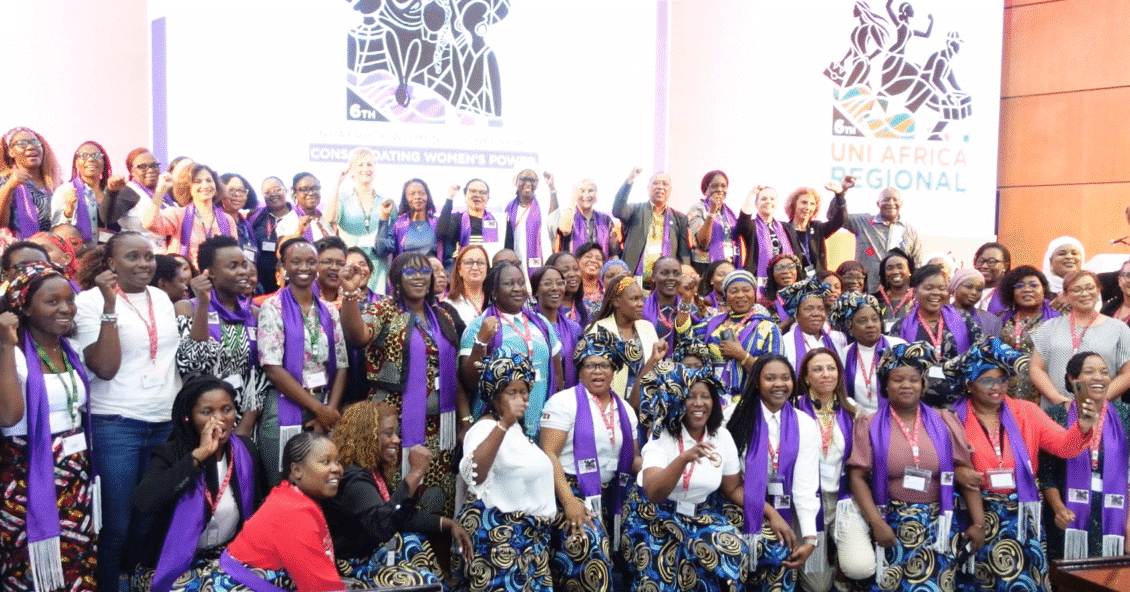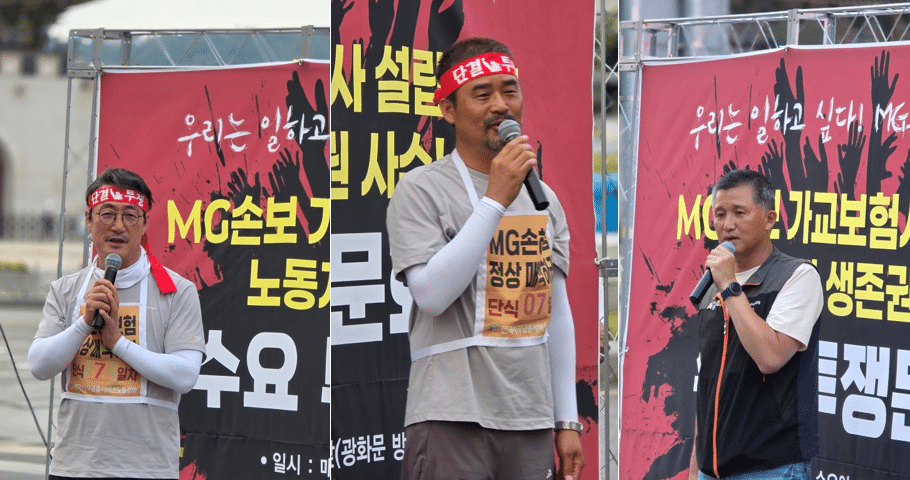The world has been hit by the coronavirus pandemic, but unions have shown the importance of being organized in order to be agents of change in the face of insufficient measures taken by some governments in response to Covid-19. UNI Americas Care Week of Action in support of hospital workers, mobilized social networks, groups, and grassroots organizations with a wide scope from Canada to Chile. Several unions adopted the messages to include them in national campaigns, putting even greater pressure on governments and companies to listen to the voice of workers: #HayQueCuidarAQuienCuida, because their safety is the safety of everyone.
The actions and pressure from unions had a significant impact on some governments, as in the case of FENAMUTRA union in the Dominican Republic, which received a response from the Superintendency of Occupational Health and Risk. The institution replied that the Social Security System protects health workers and is attentive to the fulfilment of their rights in the framework of risk insurance, but that the employer must report that a worker has been infected while carrying out his duties in order to proceed immediately. This is an achievement of the union, as this benefit had not been publicly announced.
In Chile, the global call to curb layoffs at multinational BUPA was of great importance. Also, FENASSAP achieved a draft bill to guarantee job stability for workers in the health sector during this crisis.
In Argentina, FATSA has managed to maintain an active social dialogue with companies and government since the beginning of the pandemic. As a result of this, and among other achievements, Covid-19 was recognized as an occupational disease. “In this quite exceptional stage, our organization has developed a permanent relationship with its delegates, and has sought to strengthen social dialogue as a way to face the pandemic in better conditions,” said Miguel Zubieta, World President of UNI Care, stressing that “Many governments in our region still do not understand that this crisis cannot be addressed without the presence at the health and political decision-making table, of health workers represented by their union organizations”.
Some unions, such as the FUS in Uruguay, also managed to get Covid-19 recognized as an occupational disease, and recently the Health Union Coordination of Peru succeeded in obtaining Congress approval but is still waiting for President Martín Vizcarra to enact the law. In addition to the work being carried out by the unions that make up the Coordination, during the week of action more unions in the sector joined and gave their solidarity to continue building union unity.
The demands of the affiliates include: training of staff, respect for freedom of association and collective bargaining, adequate rest for workers to be able to carry out their tasks properly, social dialogue, and that Covid-19 be recognized as an occupational disease, noting that in countries where preventive measures have been taken, the impact on the health of workers has been noticeable. We congratulate union organizations for their commitment and for clearly showing that collective action is necessary to achieve the changes we want.


